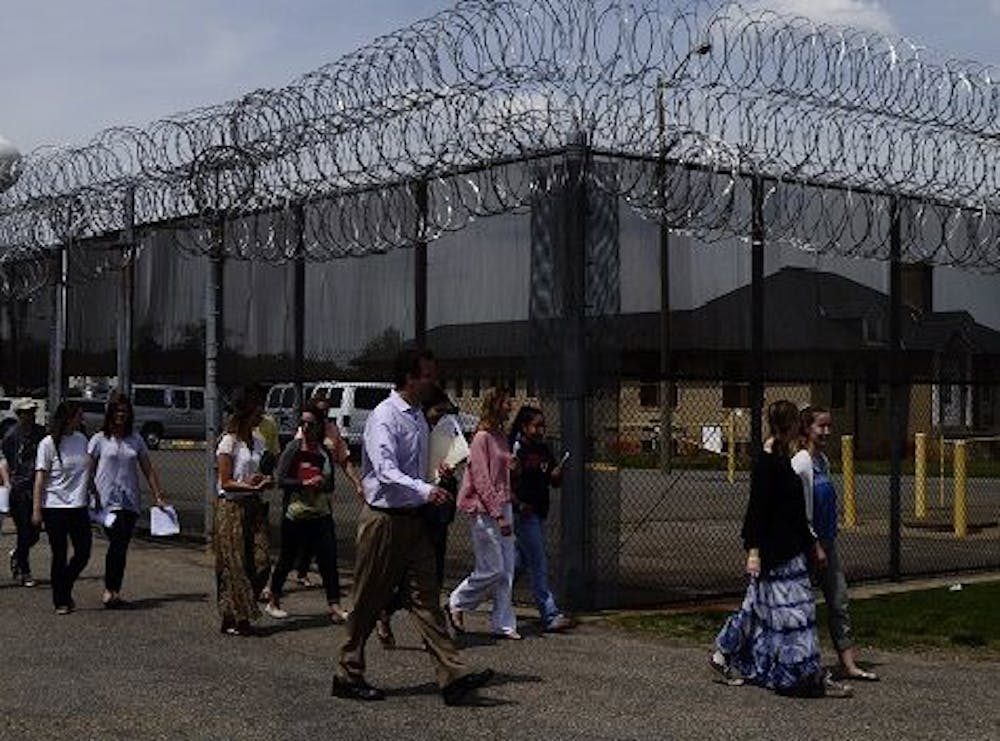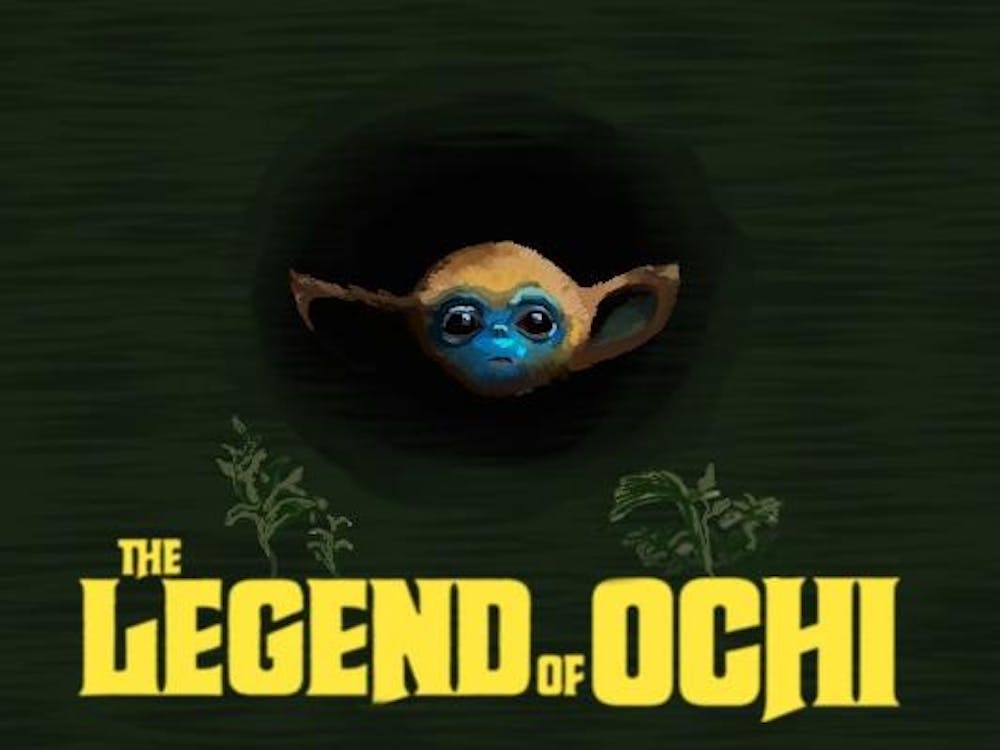“Seats at the Table” — a new documentary previewed at the Tom Tom Founders Festival that is set for official release in 2018 — chronicles the conversations between University students and inmates at a maximum security juvenile correctional center. The topic of those conversations — Dostoevsky.
The film is a showcase of Slavic Languages and Literatures Prof. Andrew Kaufman’s course “Books Behind Bars: Life, Literature and Community Leadership.” Accomplished filmmaker Chris Farina directed the project. Wednesday, Kaufman and Farina spoke about the film at the Paramount Theater along with Andy Block, director of the Virginia Department of Juvenile Justice.
In Kaufman’s course, University students travel once a week to Beaumont Juvenile Correctional Center, which is right outside of Charlottesville. Comprised of equal parts University students and correctional facility residents, the class facilitates discussions about their thoughts, stories and emotions under the guiding resource of Russian literature.
In the panel following the screening, Kaufman spoke of his mission to “use literature to talk about life issues that are relevant to all of us.”
Incarceration is a topic of hot debate in today’s political climate. For Block, this makes Kaufman’s class — and the subsequent documentary — even more important. Block said his goal was to tap into the unlimited potential of juveniles in the correctional system. He believed this film will aid in that mission, as an “incredibly valuable tool for debunking stereotypes.”
Building off Kaufman’s vision, Farina, who directed the documentary, said he wanted to help juveniles in correctional facilities receive support. Farina spoke of his feeling of responsibility as a filmmaker to represent the underrepresented and give a loud voice to a small project. “Seats at the Table” is “a film to try and make the world a better place,” Farina said.
“Seats at the Table” showcases the notion that art is not just for the artists, but also can serve as a for social justice reform.
After the conclusion of the film, a young man named Justin leaned towards the microphone and read a poem he wrote. He was formerly incarcerated at Beaumont, where he participated in Kaufman’s Russian literature class. He says he learned how to “express himself in stories and poems” through the class. It was later announced that Justin, who enrolled in community college while on parole, has been accepted as a transfer student to the University.







